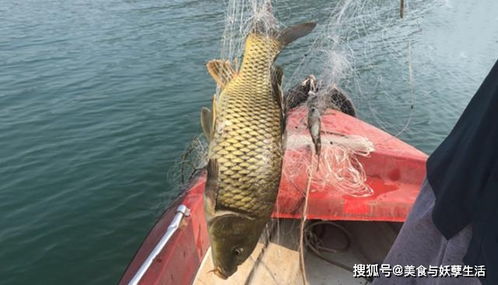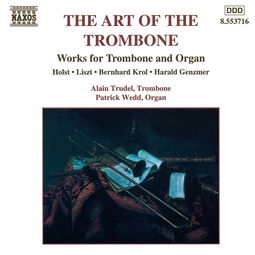Content:
Fishing in the great river can be an exhilarating experience, offering a chance to connect with nature and enjoy the tranquility of the water. However, for beginners, it can be overwhelming to start. In this article, we will discuss some essential tips and techniques to help you master the art of fishing in the great river.
Choose the Right Equipment
Before you start fishing, it is crucial to have the right equipment. Here are some essential items you should consider:
a. Rod and reel: Choose a rod and reel that match the type of fish you want to catch. For beginners, a medium-action rod with a spinning reel is a good choice.
b. Line: Use a monofilament line with a breaking strength that matches the size of the fish you are targeting. A line with a breaking strength of 6 to 12 pounds is suitable for most freshwater fishing.
c. Hooks: Select hooks that match the size of the bait you plan to use. For beginners, a size 6 to 10 hook is a good starting point.
d. Lures and baits: Depending on the fish you are targeting, you may need different lures and baits. For example, if you are fishing for bass, you might use spinnerbaits, crankbaits, or plastic worms.
Learn the Basics of Casting

Casting is a fundamental skill that every angler must master. Here are some tips to help you improve your casting technique:
a. Hold the rod correctly: Grip the rod with your index finger and thumb at the reel seat, and let the remaining fingers rest on the rod handle.
b. Position your feet: Stand with your feet shoulder-width apart and point your feet in the direction you want to cast.
c. Wind up and release: Wind up the rod smoothly and then release the line with a quick, upward motion of your wrist.
Understand the River's Habitat
To be successful in fishing the great river, you need to understand its habitat. Here are some factors to consider:
a. Structure: Look for areas with rocks, logs, and other structures where fish may hide or feed.
b. Depth: Fish often gather in deeper water, so consider using a depth finder to locate these areas.
c. Current: Be aware of the river's current, as it can affect the way your bait moves through the water.
Choose the Right Bait and Lure
The type of bait and lure you use can significantly impact your success. Here are some tips to help you choose the right one:
a. Match the hatch: Use bait that resembles the natural food source of the fish you are targeting. For example, if you are fishing for trout, use a fly that resembles an insect.
b. Experiment with different baits: Don't be afraid to try different lures and baits to see what works best in your particular fishing spot.
c. Consider the season: Fish may have different preferences depending on the season. For example, during the summer, they may prefer live bait, while in the winter, they may be more attracted to artificial lures.
Learn to Read the Water
Reading the water is an essential skill that can help you identify fish-holding areas. Here are some tips to help you read the water:
a. Look for signs of fish: Pay attention to areas where fish may be feeding, such as where the water is disturbed or where you see fish jumping.
b. Observe the water's surface: Look for disturbances in the water, such as ripples or bubbles, which may indicate the presence of fish.
c. Use your senses: Listen for the sound of fish feeding or splashing, and smell for any odors that may indicate the presence of fish.
Patience is Key
Fishing requires patience, as it can take time to catch a fish. Here are some tips to help you stay patient:
a. Set realistic expectations: Understand that fishing is a process, and it may take time to catch a fish.
b. Take breaks: If you are not having luck, take a break and try a different spot or technique.
c. Enjoy the experience: Remember that fishing is about enjoying the outdoors and spending time with nature.
In conclusion, fishing in the great river can be a rewarding experience for beginners who are willing to learn and practice. By choosing the right equipment, mastering casting techniques, understanding the river's habitat, and staying patient, you can increase your chances of success. Happy fishing!












